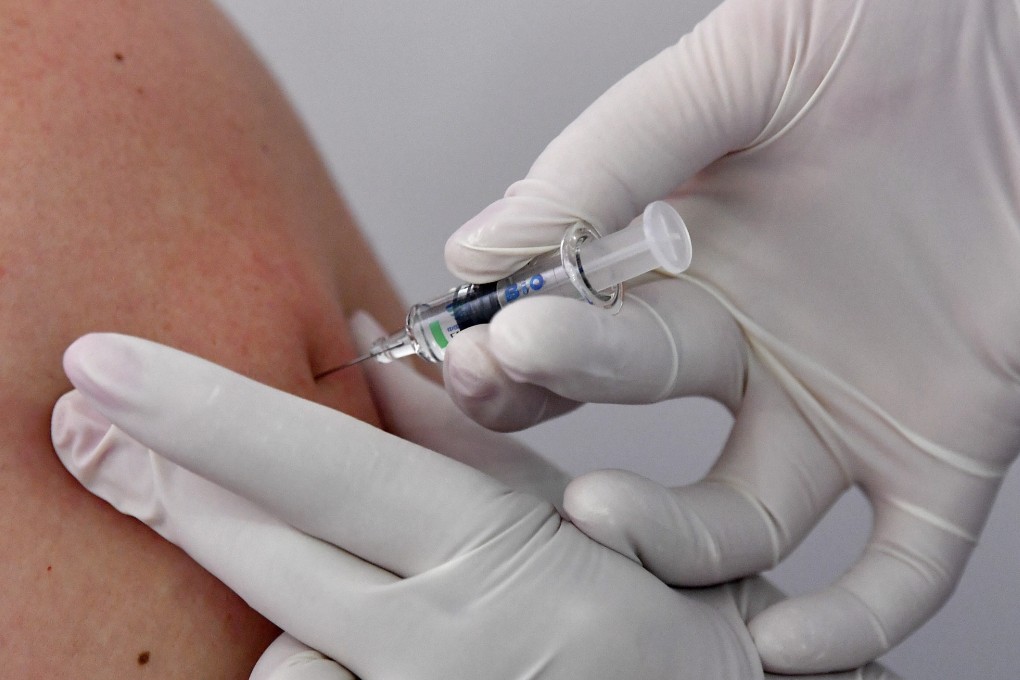Advertisement
Coronavirus: immunity induced by Sinopharm jab questioned after UAE offers booster shots
- United Arab Emirates and Bahrain say they will provide a third shot of the Chinese Covid-19 vaccine to people who completed the two-dose regimen six months ago
- But expert suggests third jab should be of a different product to improve the immune response
Reading Time:3 minutes
Why you can trust SCMP
49

The immunity induced by Chinese firm Sinopharm’s Covid-19 vaccine has been brought into question after the United Arab Emirates and Bahrain said they would provide booster shots to people who completed the two-dose regimen six months ago.
Some experts say the offer suggests the vaccine is producing a weak immune response, which can be boosted, but better with a different product, rather than a third dose of the same one.
“As part of the UAE’s proactive strategy to provide maximum protection for society, an additional supportive dose of Sinopharm is now available for people who have received the vaccine previously and who have completed more than six months since the second dose,” the UAE’s National Emergency Crisis and Disaster Management Authority said on Tuesday.
Advertisement
“The priority to receive an additional dose of Sinopharm is for the senior citizens and people with chronic diseases,” it said.
Bahrain issued a similar statement soon after, saying booster shots would be given to recipients of the Sinopharm jabs, starting with priority groups.
Around the world, countries are studying whether to give a booster shot to extend immunity. Britain officially started a trial on Wednesday to see whether people who completed the immunisation regime would need a boost shot, and which vaccine to give them if they did.
Advertisement
Select Voice
Choose your listening speed
Get through articles 2x faster
1.25x
250 WPM
Slow
Average
Fast
1.25x